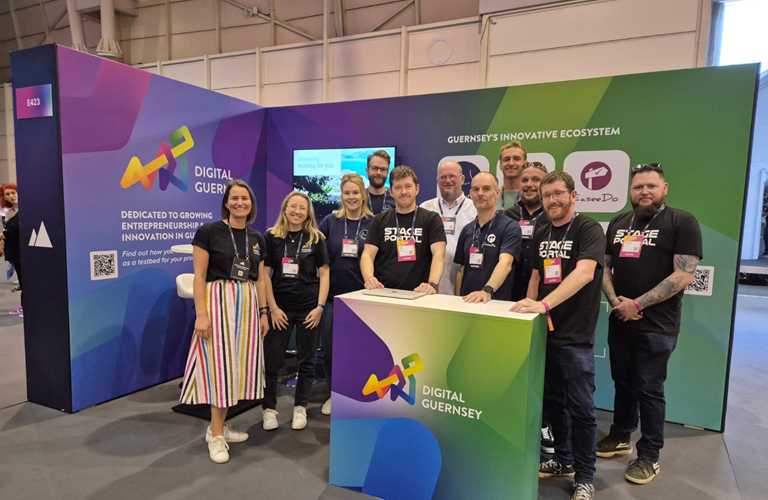Harnessing the value of ESG Data with Deloitte
Deloitte's data and analytics experts explore the challenges and value of ESG data - Scroll down to watch the event in full
Environmental, social and governance (ESG) criteria has evolved to become a key part of the economy, with investors, corporates and banks alike rapidly realising the importance of ESG data at a time when climate crisis and social issues have been pushed to the forefront of everyone's minds.
Are you wondering, what is ESG? Environmental, Social, and Corporate Governance (ESG) refers to the three central factors in measuring the sustainability and societal impact of an investment in a company or business. Analysis of these groups helps to better determine the future financial performance of companies, in both return and risk categories.
Over the past few years, sustainable matters have taken the spotlight, as well as the demand for the ethical treatment of employees, customers and other stakeholders and the frustration about poorly-managed companies. With younger generations driving these topics into the heart of the economy and their consumption habits, this has left investors and corporations no choice but to become more sustainable and ethically conscious and to invest directly or indirectly in products that are shown to comply with ESG criteria or to help drive this transformation. Companies need to be able to look at sustainability across the chain, from suppliers to clients, and all this innovative change requires data to form and shape future decisions.
In the Fourth event of Data Driven Guernsey Week, we were joined by Deloitte data and analytics experts Mike Cranmer, Senior Manager Advisory, Stuart Royden-Turner, Associate Director and Risk Advisor and, Stuart Calder, SME, Audit & Risk Advisory to explore both the value of ESG data and the practical challenges that come along with it.
There are many forces that shape the corporate ESG reporting agenda, increasing regulatory focus and global policy targets as emissions targets and sustainability goals fluctuate. Investor decisions and reputational risk also factor into this agenda, with Covid-19 being a massive impact, a recent report showed that nine in ten wealth managers polled believed that the Covid-19 pandemic would result in increased investor interest in ESG investing. There are also many social matters that are driving an increased focus on sustainable finance and ESG. For example, the generational shift away from the Baby Boomer generation to Millennials has lead to sustainable finance issues such as social inequality, rising to the top of the agenda. The use of social media, advancement of technology and increased globalisation also lead to cultural shifts and increased focus on corporate governance.
Stuart Calder took us through the many acronyms and ESG terms, with a quick recap of ESG timelines with the regulatory milestones and the regulatory disclosures TCFD (Taskforce on Climate-related Financial Disclosures) and SFDR (Sustainable Finance Disclosure Regulation.) These primary drivers of disclosure activity were published not long ago and to this point, the TCFD disclosures have been voluntary but will become mandatory for all for example, as part of the UK's FCA's roadmap towards mandatory climate-related disclosures. Focused more on climate than social or governance this TCFD change is aimed at all sectors, whereas the SFDR disclosures that came into force in March of 2021 are aimed primarily at the finance sector.
For a deep dive into the world of ESG data, we recommend watching the webinar at the bottom of this article.
Deloitte's key takeaways for harnessing ESG data;
- Data Sourcing and understanding current ESG approaches are 'no-regret' activities
- Planning the storage of ESG data is a 'no-regret' activity
- Active review and enquiry on existing portfolios is key to understanding current ESG exposures.
- Sample multiple vendors and compare the results.
- Analytically review areas of material ESG risk.
- If possible, track multiple vendors to understand how the ratings change overtime.
- Determine criteria for success in terms of data accuracy.
- Identify key individuals in the firm to drive ESG integration.
- Governance around ESG can be integrated into existing governance frameworks.
- See this as a chance to identify market opportunities and to drive client conversations (ESG indices widely experienced lower drawdowns during Covid)


